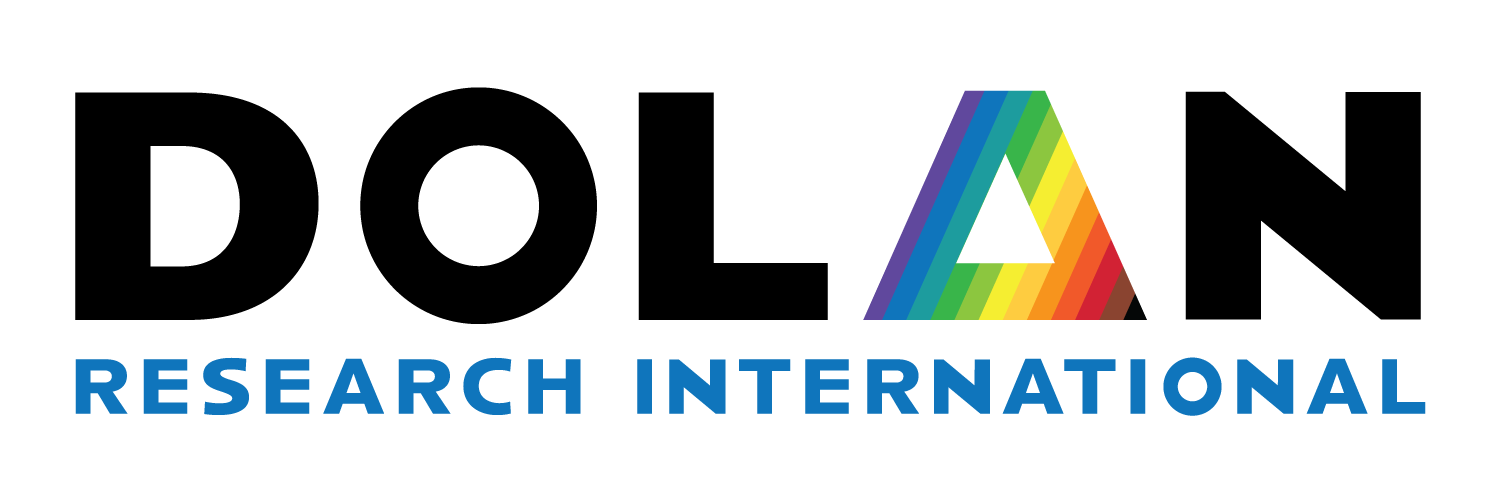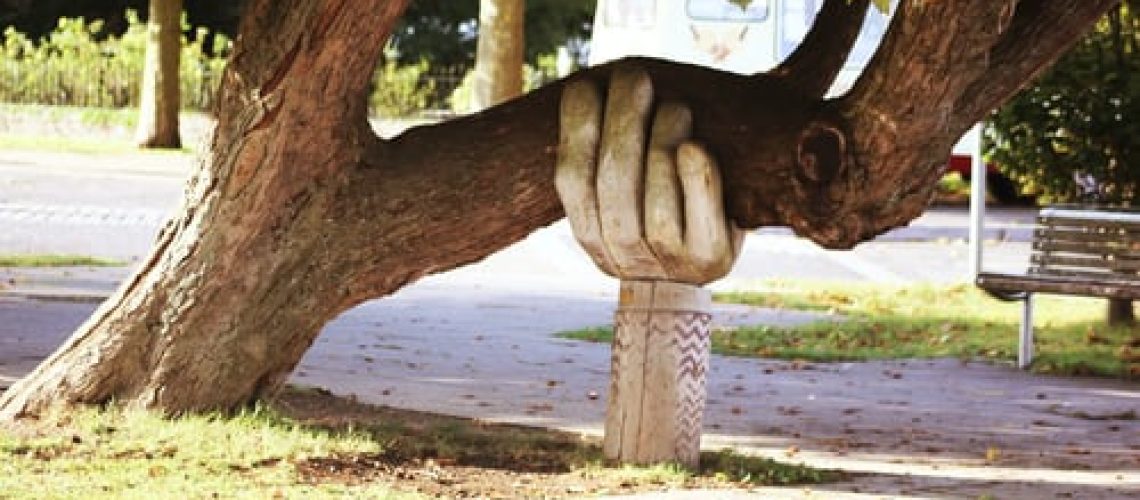March was Social Work Month and with that, we realized that there needed to be some clarification around the differences of those who support recoverees. Therefore, we would like to dedicate this blog to the amazing teamwork done by social workers, recovery coaches, peers, sponsors, and other recovery specialists who work together to prevent lives from being lost to substance abuse. Each of these roles has a different set of qualifications and responsibilities but are equally important in the recovery process. Let’s take a look!
- Social Workers– A social worker plays a vital role in helping those battling substance use disorder (SUD). They typically have a Master’s Degree in Social Work which allows them to provide psychotherapy and counseling services in a variety of settings. Their job consists of diagnosing any clinical disorders, identifying client goals, and creating a plan to reach those goals. They also serve as a link between the client, medical professionals, and other members of the team that are supporting the recovery process. In this way, social workers work within a treatment team, use psychosocial assessments, handle ongoing counseling, and review their clients’ progress.
- Recovery Coaches – A recovery coach is a person who works with and supports individuals immersed in addiction. They coach people in recovery from the abuse of alcohol and drugs, gambling, eating disorders, and other addictive behaviors. A recovery coach typically has recovery coach certifications and other training but doesn’t necessarily have a college degree.
- Peers – A peer is someone who has recovered from addiction or is still in the recovery process. They can offer assistance and support to promote another peer’s own personal recovery journey. A recovery coach can also be a peer (in which case they are called a Peer Recovery Coach) but not always.
- Sponsors – A sponsor is a senior member of AA or NA who has completed the 12 steps to recovery. Sponsors help navigate AA or NA, answer questions, work on the 12-steps, and offer support and accountability.
While each of these individuals brings their own expertise, experience, and value to the client, their collaboration is essential in establishing what is known as a Recovery Capital for a client. From the book “Recovery capital: A Primer for Addiction Professionals”:
“Recovery capital (RC) is the breadth and depth of internal and external resources that can be drawn upon to initiate and sustain recovery from severe alcohol and other drug problems. Recovery capital is conceptually linked to a natural recovery, solution-focused therapy, strengths-based case management, recovery management, resilience and protective factors, and the ideas of hardiness, wellness, and global health.” – William White, MA and William Cloud, PhD
In other words, the addiction recovery team establishes a network of personal, social, and community connections and resources that ensure a client’s safety, survival, and well-being during the recovery process. Every person’s situation is different, with a different set of needs, so the advantage of having a team involved is that the issues can be approached and handled holistically. For example, recovery coaches and peers – who are typically the ones most out in the field – often play a crucial role in securing safe housing, meals, and other basic needs, thereby helping lay the foundation for medical treatment and sustained recovery.
Sustained recovery is key since recovery can be a long – if not lifelong – process. The team also works to conduct post-treatment recovery check-ups and provide early re-intervention when needed. This is why a synergy between recovery coaches, peers, and social workers is so important since they all contribute in significant ways to bring about full recovery and healing.

